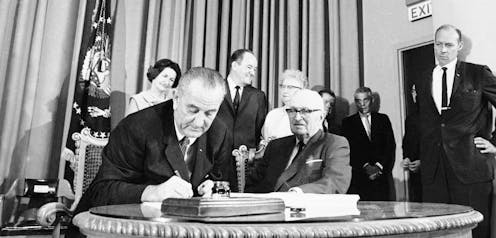How a simple £15 hormone blood test administered by GPs could save thousands of people from being hospitalised with severe heart failure each year
About 86,000 people are admitted to A&E with severe heart failure each yearA simple blood test that looks for hormones can detect the onset of the diseaseIt costs only £15 and takes minutes to do, but just a fifth of patients are offered itThis means symptoms of potential heart failure are often mistaken by doctorsBy Ethan Ennals For The Mail On Sunday
Published: 17:00 EDT, 15 October 2022 | Updated: 18:00 EDT, 15 October 2022
Thousands of people are being hospitalised with severe heart failure each year because doctors are not carrying out a blood test that can spot the warning signs, a report has found.
The life-threatening condition, where the organ cannot pump blood effectively which leaves sufferers breathless and fatigued, affects nearly a million people in the UK.
About 86,000 people are admitted to A&E with heart failure every year, and one in five will die within a year of diagnosis. However, if it is spotted early it can be controlled.
A simple blood test – called a natriuretic peptide test – that looks for the hormones released when the heart is under stress can detect the onset of heart failure.
It costs only £15 and takes minutes to carry out, but just a fifth of patients showing signs of heart failure are offered it, according to an analysis of data by think tank Public Policy Projects.
Thousands of people are being hospitalised with severe heart failure each year because doctors are not carrying out a blood test that can spot the warning signs, a report has found (stock image)
This means that the symptoms of potential heart failure are often mistaken by doctors for something else, such as a chest infection.
Experts say this is the main reason why 80 per cent of heart failure patients are diagnosed only after an emergency admission to hospital.
Retired university administrator Lyn Whittock, 60, from East Anglia, began suffering breathlessness with a bad cough in 2016, but her GP believed it was a chest infection and prescribed antibiotics.
Her symptoms worsened but she was simply given more antibiotics. 'At no point was a test for heart failure discussed,' says Lyn.
She eventually had to undergo life-saving heart surgery.
Now recovered, she hopes others won't have to suffer the way she did.
She said: 'I don't get why I wasn't offered this blood test. I'd like to see GPs be more aware of heart failure symptoms.'
About 86,000 people are admitted to A&E with heart failure every year, and one in five will die within a year of diagnosis. However, if it is spotted early it can be controlled (stock image)
Charities are now calling on GPs to look closely for signs of heart failure and use blood tests more liberally.
'Every patient should have access to timely diagnosis,' said Nick Hartshorne-Evans, founder and chief executive of heart failure charity The Pumping Marvellous Foundation.
'One simple blood test is the vital first step in ensuring the condition can be managed appropriately. We must break the cycle of late diagnosis for heart failure.'
GPs say failing to recognise heart failure can be easy to do. 'The most common heart failure symptom is breathlessness, but that could have a variety of causes, be it a lung problem or obesity,' said Dr Clare Taylor, a GP in Oxford.
'Some GPs also worry about the cost of using these tests regularly. But it is crucial that GPs consider heart failure more often and utilise this very useful test.'
Source: www.dailymail.co.uk


















 English (United States) ·
English (United States) ·